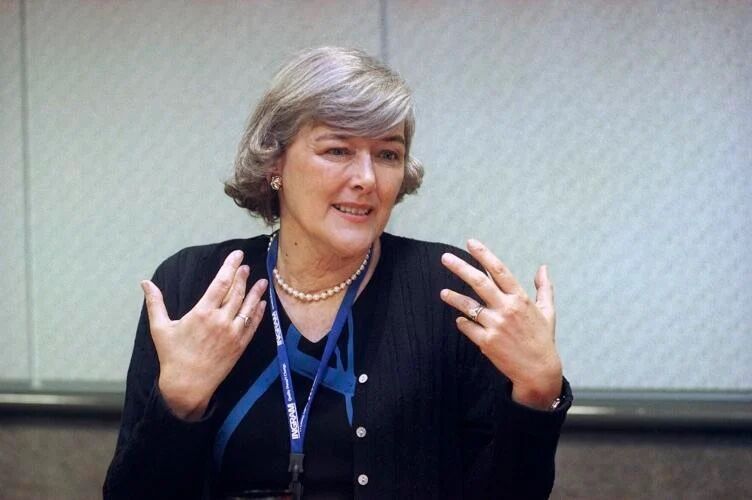Prison common areas are public spaces for purpose of indecency law, Court of Appeals decides

A prison’s common area is a public place, a Colorado Court of Appeals panel decided on Thursday, and therefore a lower court should have given a jury the option to convict a prisoner for public indecency after he exposed himself.
Gage Walker Lopez was an inmate in Department of Corrections custody when he exposed his genitals to an employee as he walked indoors from the prison yard. He received a felony charge of indecent exposure, but his attorney argued that he performed the act without any sexual intent. She asked the Logan County District Court judge to provide a jury instruction for the lesser charge of public indecency, but he dismissed the request and decided that the prison area was not “public.”
A jury convicted Lopez and he received five years of probation.
Under Colorado law, an individual performs indecent exposure if he or she “knowingly exposes his or her genitals to the view of any person under circumstances in which such conduct is likely to cause affront or alarm to the other person with the intent to arouse.” Public indecency, on the other hand, involves a similar act done “in a public place or where the conduct may reasonably be expected to be viewed by members of the public.”
The definition of “public place” includes common areas, both privately- and publicly-owned. The appeals court concluded that the prison yard fit the description.
“Lopez argues, the People concede, and we agree that the common area of a DOC facility is a public place for the purposes of the public indecency statute because it is used by other inmates and staff,” wrote Judge Ted C. Tow III for the three-member panel. Consequently, the district court judge should have given the jury instructions for convicting Lopez on the lesser offense.
In determining whether to order a new trial, the Court of Appeals explained that instructing a jury on a lesser offense ensures that jurors do not return a guilty verdict “merely because the greater offense is the only crime charged.” In Lopez’s case, they decided to void the conviction.
“Lopez testified that he experiences anxiety and on the day of the incident, ‘my anxiety had finally gotten away from me and I decided to act out and run away from the situation . . . I am going to expose myself to this person and get thrown in segregation,'” Tow noted. “He also testified that he was not trying to arouse the case manager or himself.”
During the new trial, the appeals judges continued, the district court may not use Lopez’s prior indecent exposure charge to raise the current charge to a felony, as it did in the original trial, because prosecutors filed the earlier charge outside of the statute of limitations.
The case is People v. Lopez.














